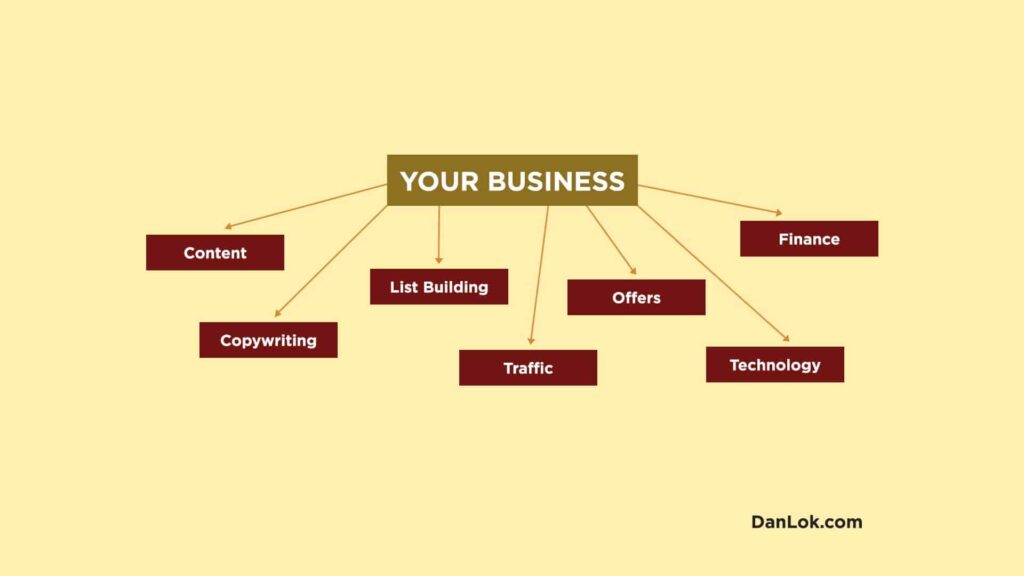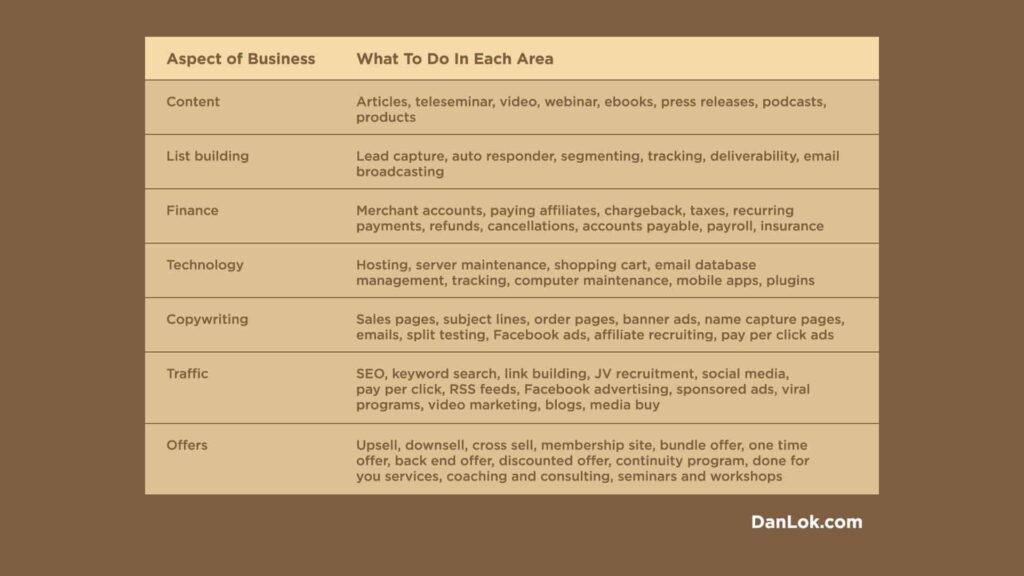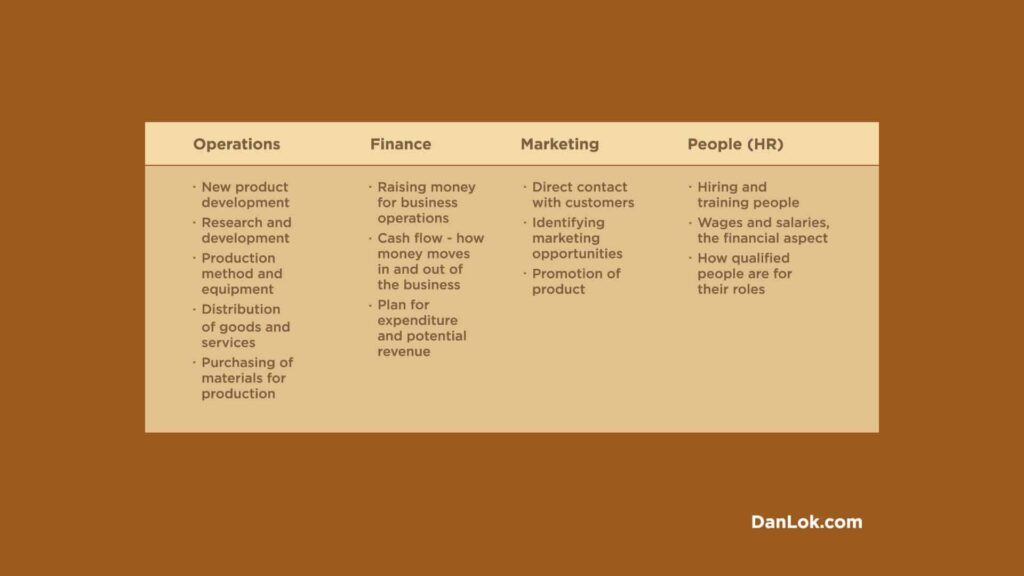A billionaire once said to me, “Dan, if your goal is to make a billion dollars, chances are, you’ll never make a billion dollars.”
Those were his words of wisdom, which were discouraging and confusing at the same time. What was he really trying to tell me? That I was going to fail?
I was hungry for answers from the local billionaire who was sitting next to me. He’d made a fortune in the real estate and financing business, and I wanted a role model. I was a young guy at the time and we were at the Vancouver Club. The people at this exclusive club are shareholder and families of generational wealth, so I didn’t feel like I belonged.
As one of the youngest members of the Vancouver Club, I found it was a fascinating place to meet a lot of powerful and influential leaders.
I met real estate developers, powerful politicians, tycoons, and tech entrepreneurs. The place was a gold mine of possible business mentors for someone like me who was still struggling to achieve my dreams.
I felt very privileged to have the chance to sit with this successful billionaire and learn from him. I asked him, “How does one become a billionaire like you? What advice do you have for a young man like me who is building my companies? If you were to do it all over again, what would you do differently?”
The advice he gave me wasn’t just about money or how to make it. Surprisingly, he told me that if I just focused on the money, I wasn’t going to get as far. Here is what he shared with me about how to reach his level of success in business and in life.
Watch this video for words of wisdom from a billionaire.
Don’t Set Out To Be A Millionaire Or Billionaire
Now before you start wondering if he was telling me to stop focusing on money, let me share what he said. It wasn’t what I expected.
He told me, “You know what, Dan, at first, that wasn’t my goal. I didn’t set out to be a billionaire and put that on my goal list or anything like that. Now when I was young, I had a wife and kids, and all I wanted to do was provide a nice environment for them. I wanted to provide a good education for my kids. I wanted a nice home for them to grow up in.”
He also wanted to become a millionaire. He worked hard at it and eventually, he hit a million dollars.
But he realized nothing changes that much. He still went to work. He still ate the same breakfast and he still provided for his wife and kids. The difference was, his house was now a nice house and he had a couple cars. Life was good.
But he realized that didn’t fulfil him. That old life didn’t get him excited anymore. He realized that being a millionaire wasn’t the end goal.
Grow Your Business One Step At A Time
At the time, he had good employees that he treated like family. He got to know their spouse, their kids, and before you knew it, they were a pretty big company with 100 employees. But to expand the business, he needed to acquire another company.
So that’s what he did – he expanded and then he had two companies. So I asked him how he managed all these different companies.
He said it was like having a baby – you just have one at a time. You acquire a company, and then you let it grow. Step by step, you help it, nurture it, and grow it. And then you have another company, and you nurture it and grow it.
After decades of doing that, he ended up with tens of thousands of employees and this group of companies.
Then I asked him, “How do I grow my business the way you did?”
He had grown his fortune one company at a time, but the key is he didn’t focus on the money. He didn’t focus on making a billion dollars. What he said was, “If your goal is to make a billion dollars, chances are, you’re not going to make a billion dollars.”
I asked him what he meant by that. Wasn’t the purpose of growing companies to make a billion dollars?
Love What You Do, Value Your Customers
He said, “If you love what you do, and you love your customers, your people, and your team, and you’re willing to make a difference and establish a reputation of being fair in business dealings and working with people…people will want to come back to you and do business with you.”
It’s easier to do business when people come to you, instead of you chasing them. You want people to come to you because you have a good reputation. You want to show them you care about them.
So people – your customers and your team – are what will get you to your goal of becoming a millionaire or billionaire. You can’t just focus on the money goal. You need to love the people who are your customers and your team so they will want to come back to you.
I took the advice of that billionaire and I’ve grown my organization to a global level. If a young guy were to sit down with me and ask the same questions I did as a young man, I would give him the same advice on how to become rich.
If you are interested in more advice from successful entrepreneurs, tune in to my podcast called The Dan Lok Show. Every single week, I interview successful entrepreneurs, heavy hitters, millionaires and billionaires, to bring you their wisdom and insights.









